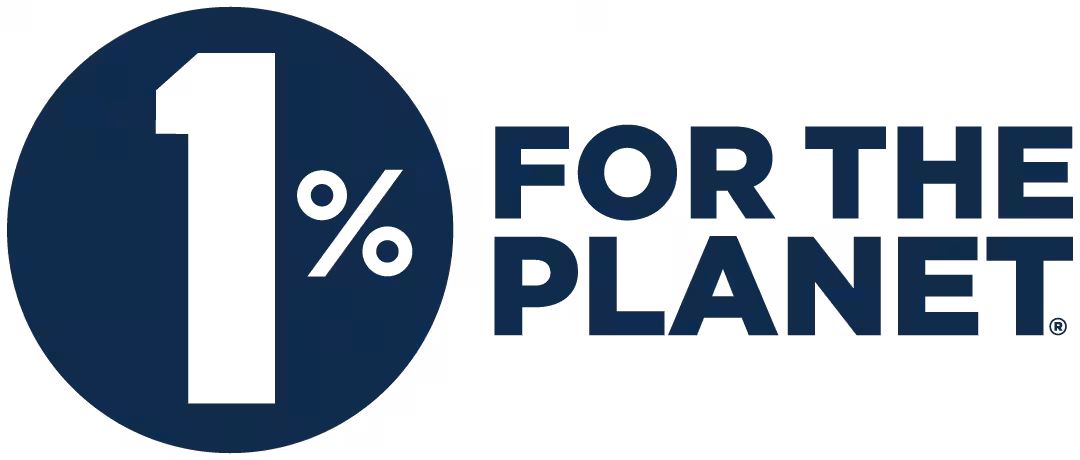

Lively Collaborates with Earth Company to Raise Climate Awareness in Asia
Lively Collaborates with Earth Company to Raise Climate Change Awareness in Asia
Amid rising concerns about climate change, Lively LLC, based in Chiyoda, Tokyo, in partnership with Earth Company, released a report on March 25, 2025. This report focuses on the level of climate change awareness and actions among workers in three Asian countries: Japan, Indonesia, and Singapore. The report was made possible through Lively's data analysis and report creation support under the initiative "1% for the Planet."
Climate change has increasingly affected our daily lives, making it crucial for individuals to confront environmental challenges actively. Earth Company has been dedicated to improving awareness and fostering sustainable practices through various training programs aimed at companies for years. Their approach emphasizes the need to connect with the world and recognize one's role in combating climate change.
The study was designed to gauge current climates regarding awareness and actions related to climate change. It involved an internet survey targeting employees across different age groups—specifically between their 20s and 60s—in Japan, Indonesia, and Singapore.
Survey Overview
- - Target Population: Employees in Japan, Indonesia, and Singapore aged between 20 and 60.
- - Method: Internet-based anonymous survey.
- - Timing: Conducted in December 2024.
- - Sample Size: A total of 713 individuals (Japan: 300, Indonesia: 266, Singapore: 147).
Key Findings
1. Low Action in Japan: The report revealed that Japan exhibited the lowest rates of proactive behavior towards climate change compared to its Asian counterparts.
2. Awareness-Action Correlation: A significant correlation exists between awareness of climate change and subsequent actions taken.
3. Minimal Age-Related Differences: Variations in actions taken were not significantly different across age groups.
4. Family-Driven Responsibility: Those with children or grandchildren tended to demonstrate higher awareness and action levels towards climate issues.
In addition to presenting these findings, the report references the global initiative “1% for the Planet,


Topics Other)










【About Using Articles】
You can freely use the title and article content by linking to the page where the article is posted.
※ Images cannot be used.
【About Links】
Links are free to use.